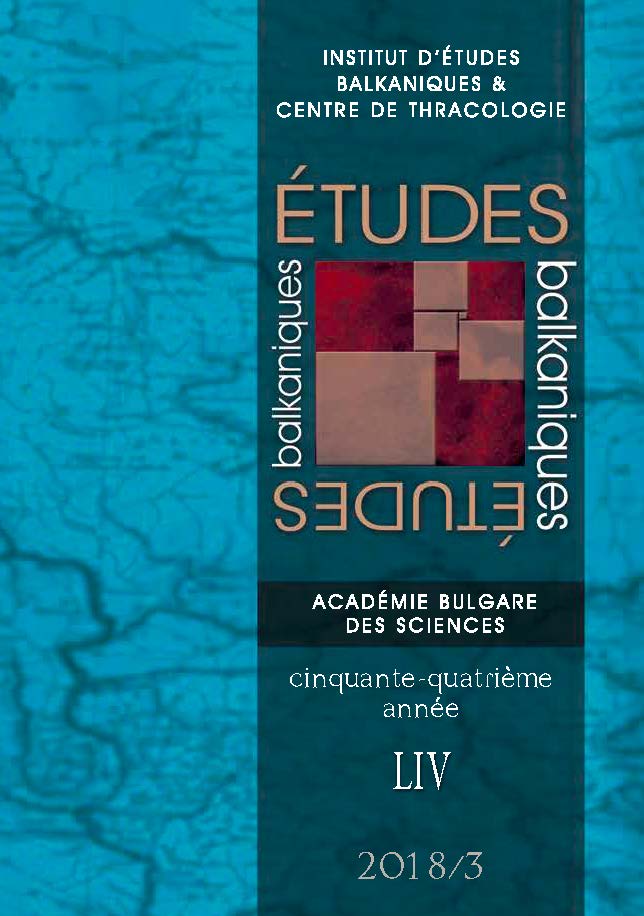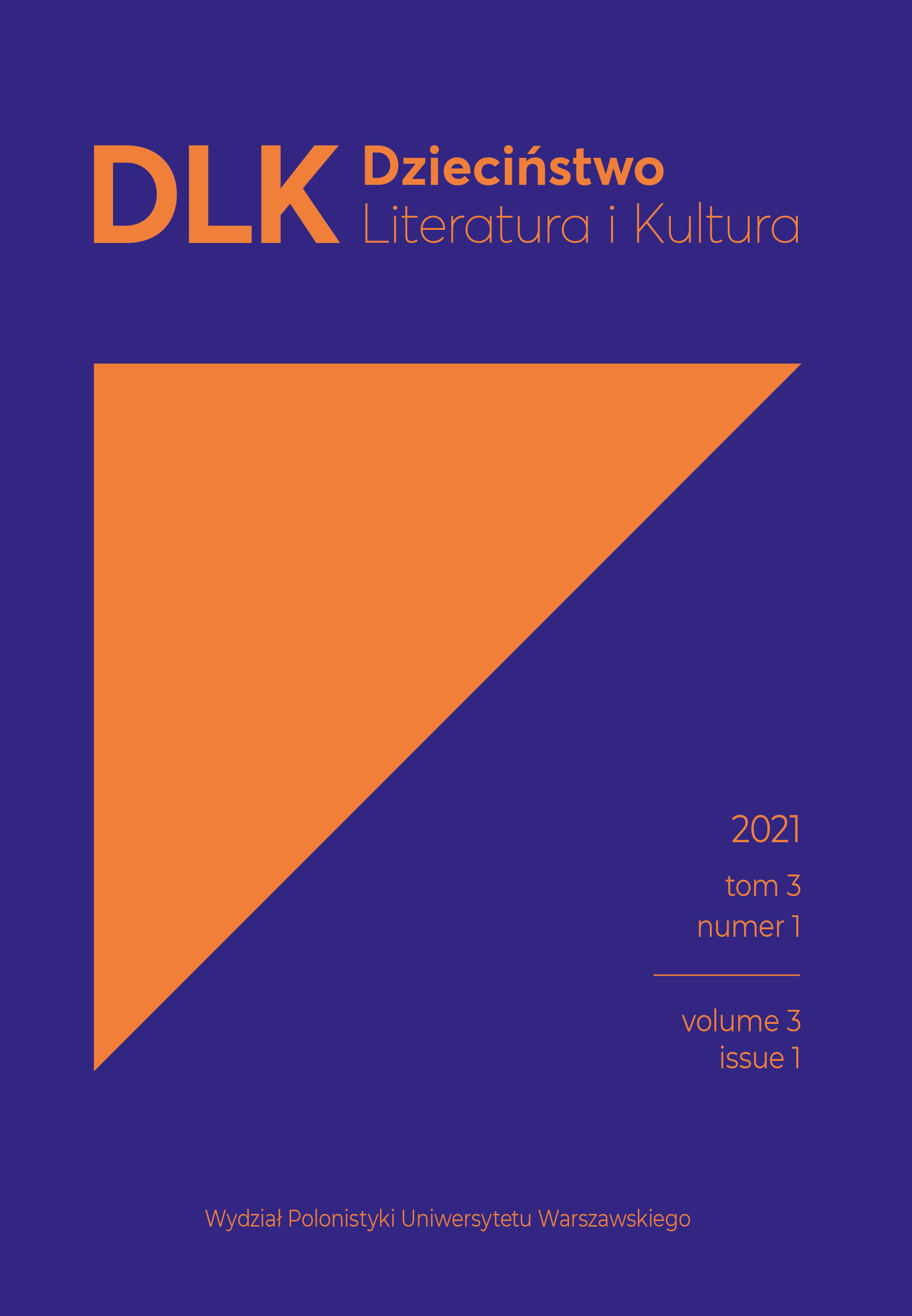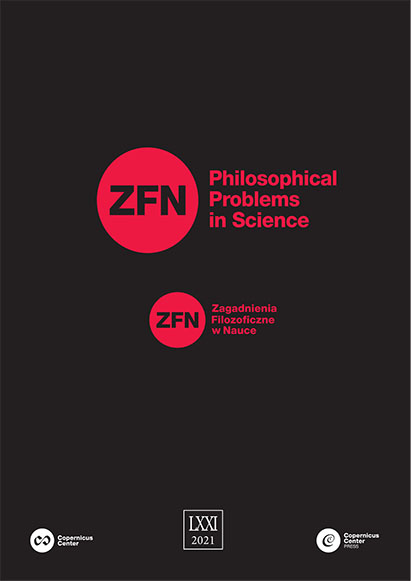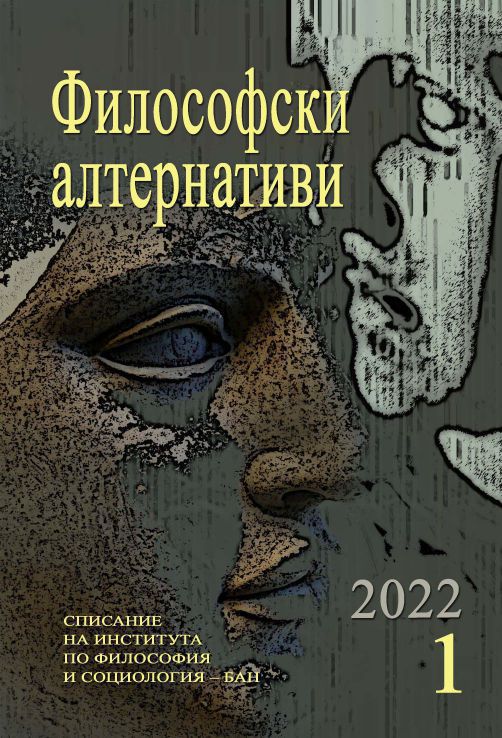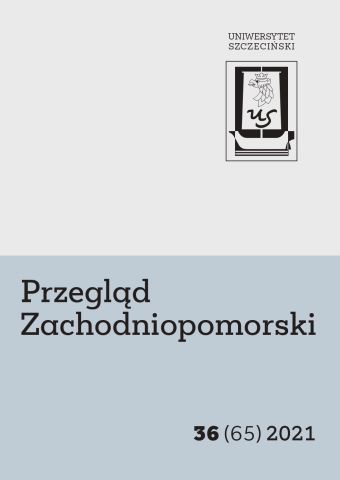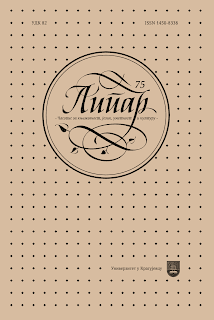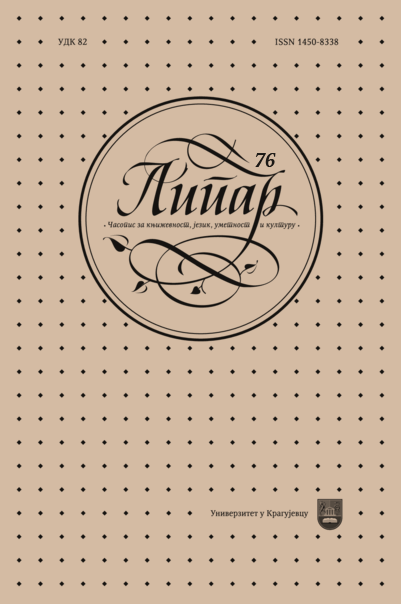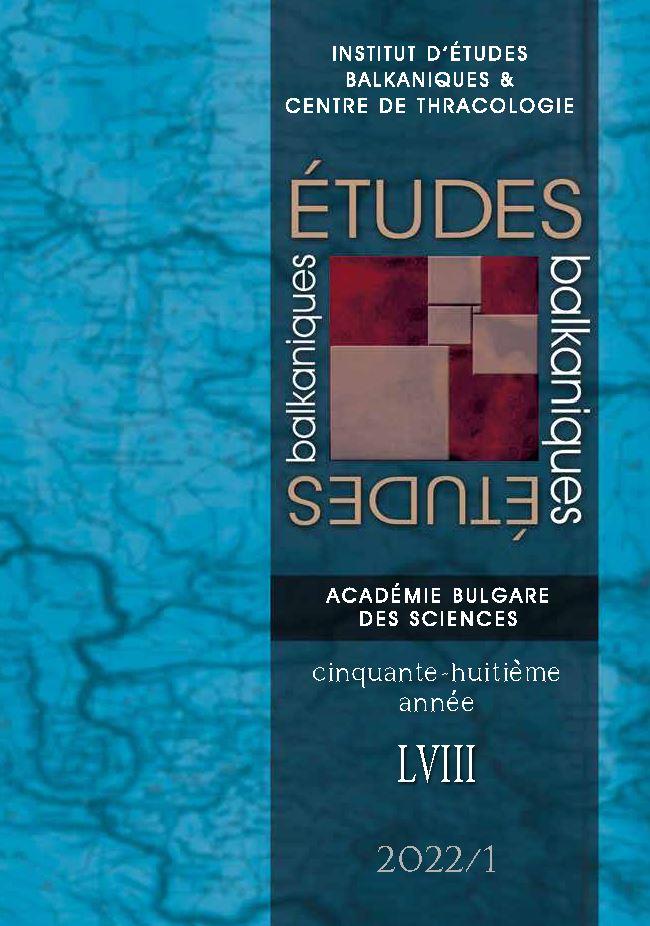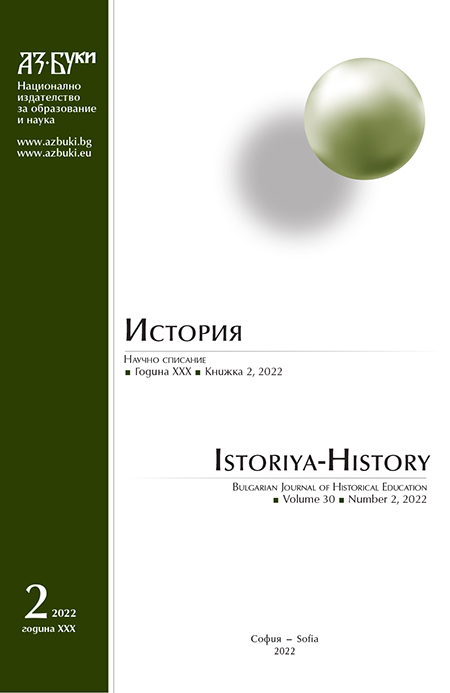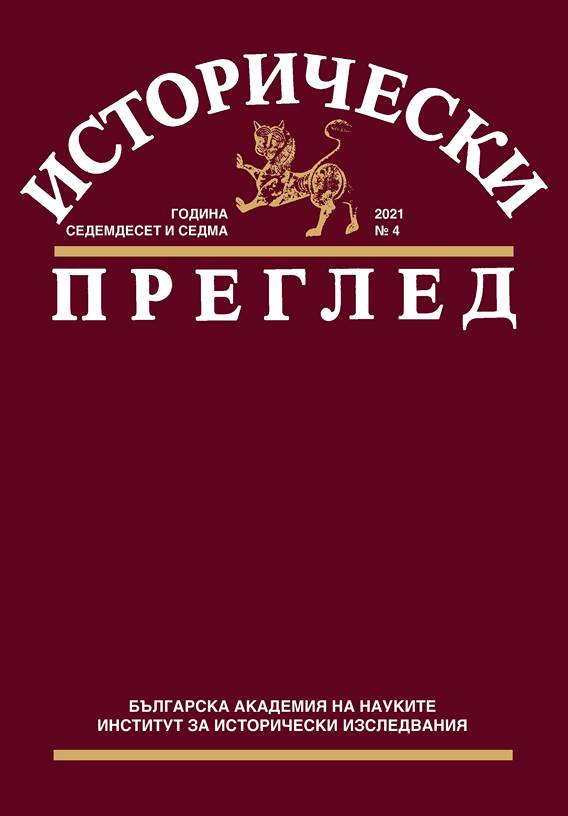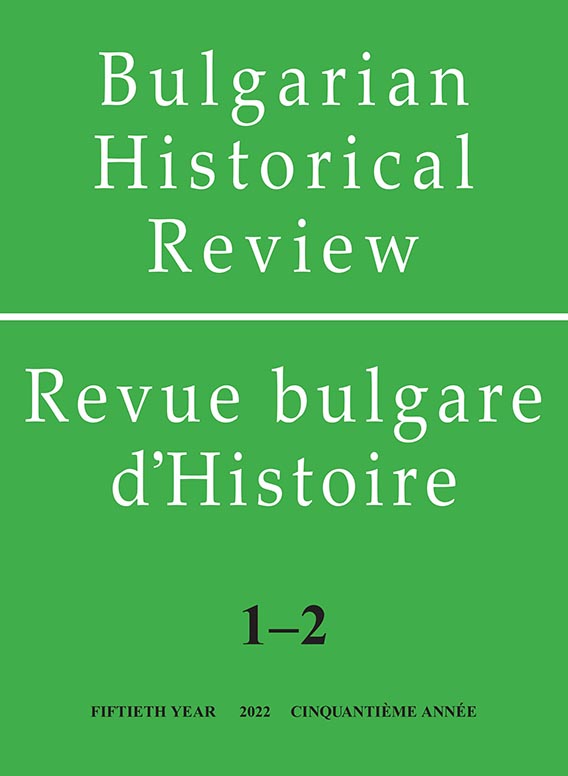Author(s): Nikolina N. Zobenica / Language(s): Serbian
Issue: 75/2021
Uglješa Šajtinac zeigt im Drama Das Banat (2007) das proble- matische Zusammenleben von Donauschwaben (Joseph, Erwin und Magdalena Wolf) und Serben (Dobrivoje, Đuđa, Svetislav) im Banat während des Zweiten Weltkrieges. Im Kontext von historischen Umwälzungen und politischen Konflikten versuchen die Figuren im Drama entweder die alte kollektive Identität zu bewahren oder eine neue zu bilden, und ihre Kohäsion mithilfe verschiedener Kategorien festzulegen: Geschlechts (Geschlechtsidentität), Territoriums (territoriale Identität), Klasse (ge- sellschaftsökonomische Identität), Religion (religiöse Identität), Nation (nationale Identität), sowie Politik (politische Identität) und Kultur (kulturelle Identität). Aus- gehend von der Theorie des britischen Historikers der Soziologie Anthony D. Smith (1939–2016), eines der Begründer der Nationalismusforschung, werden in diesem Aufsatz im Kontext des Chronotopos des besetzten Banats (1941–1945) unter- schiedliche Manifestationen der kollektiven Identität untersucht, mit dem Ziel, die Kohäsionskraft dieser Kategorien aufzuklären. Ergebnisse der Analyse zeigen dass Geschlecht, Territorium, Klasse und Nation nicht einen genügend starken Grad der Kohäsion aufzeigen und die Figuren, die auf diesen Kategorien ihre Identität auf- gebaut haben, könnten sich in den neuen Zeiten nicht erhalten, im Unterschied zu denen, die sich für Politik und Kultur entschieden haben, die die Grenzen der Zeit und des Raums überschreiten und eine stärkere Verbindung unter den Figuren her- stellen. So können Dobrivoje und seine Schwester als Kommunisten im neuen Staat fortleben, während andere Figuren sterben oder das Banat verlassen müssen, um eine neue Heimat in der Weite auszusuchen, in der die kulturellen Elemente wie Kunst (Film und Musik) und Fremdsprachen die Verbindung unter den Menschen sichern, trotz den ethnischen und anderen Unterschieden.
More...
